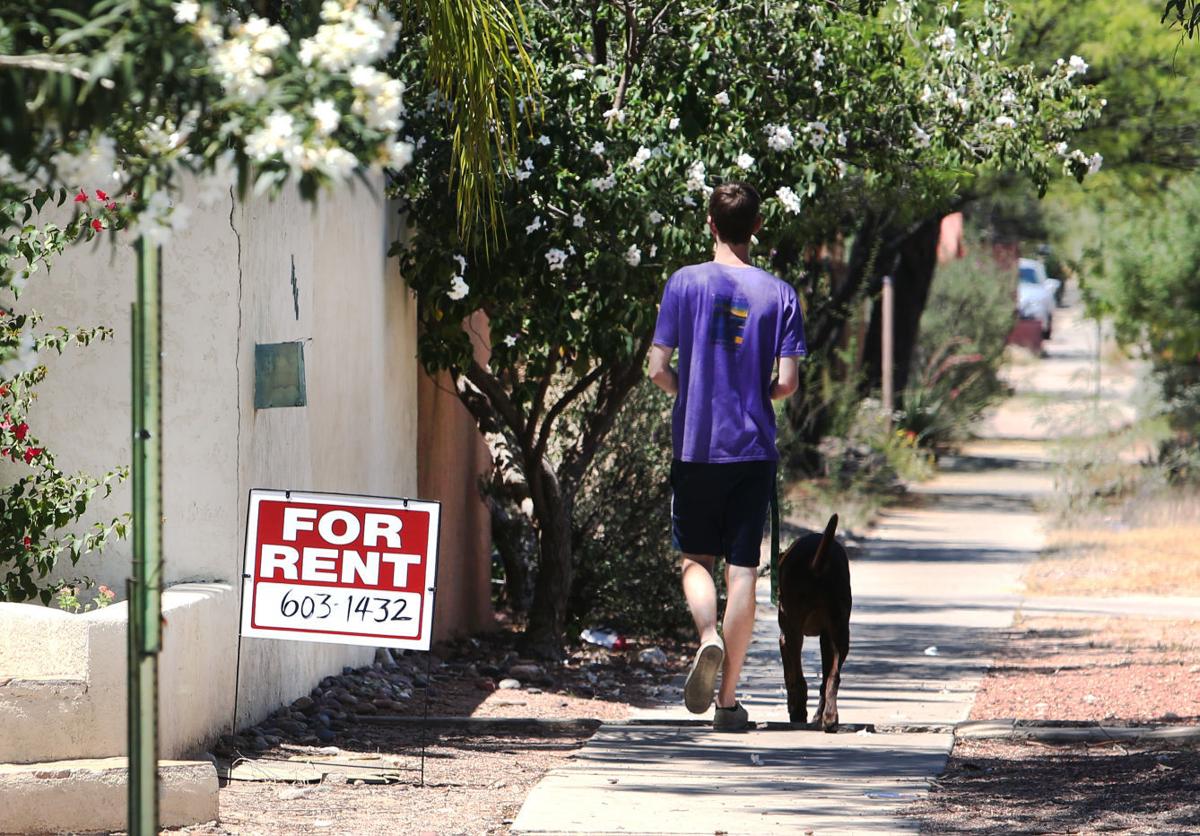PHOENIX — A House committee’s Republican lawmakers voted Thursday in favor of putting new limits on the regulations cities and counties can enact on landlords.
The bill , HB 2115, approved by the Government Committee on a 6-5 party-line vote, would declare all relations between landlords and tenants to be “a matter of statewide concern,” barring locally elected councils and boards from enacting rules of their own.
But facing stiff opposition from cities and tenant-rights advocates, Rep. John Kavanagh, R-Fountain Hills, agreed to make the restrictions prospective only.
That would leave in place existing regulations that govern such things as lighting requirements and non-discrimination ordinances — but only in the communities where they already have been enacted. It would bar other cities and counties from following suit.
That did not blunt opposition.
“You’re mandating inequality,” said Ken Volk, founder of the Arizona Tenants Association.
The measure is being pushed by the Arizona Multihousing Association, an organization of landlords. Lobbyist Jake Hinman said uniformity is important.
“We think the state should have one state of rules for both landlords and tenants,” he said.
Hinman said there are already basic rules in the Arizona Landlord-Tenant Act.
For example, he said, that law requires landlords to supply running water and “reasonable” amounts of hot water, heating and air conditioning or cooling.
Alex Vidal, representing the League of Arizona Cities and Towns, argued that local councils are in the best position to know the needs of their residents. And he said local laws can be more specific as to issues such as what’s an appropriate minimum or maximum temperature.
Tempe is an example of how specific these local regulations can be.
For example, under the category of personal cleanliness facilities, it requires flush toilets, lavatory basins, bathtubs or showers, hot water of at least 110 degrees and water pressure of not less than one gallon per minute.
There also are requirements for either an eye viewer through doors or an adjacent window so that tenants can see who is outside. Other mandates include the number of electrical outlets, weather-tight exterior doors and guardrails.
The fact that some cities already have their own regulations annoyed Rep. Warren Petersen, R-Gilbert.
“Cities are not sovereign entities,” he said. “They are political subdivisions of the state.”
But Rep. Domingo DeGrazia, D-Tucson, said that’s looking at the issue the wrong way.
“I believe it is not the job of the state to get involved in the finite details of every municipality across the state,” he said.
Despite the party-line vote, the future of the measure is not assured.
Rep. Walt Blackman, R-Snowflake, agreed to support the measure to get it to the full House.
But he said his vote on the floor remains in doubt unless some of his questions about “government overreach” and having the state preempt how cities regulate rentals can be addressed.
“The cities have a right to do that and they also know what’s going on in those cities and towns,” Blackman said. “They see things that we do not see at the local level.”





